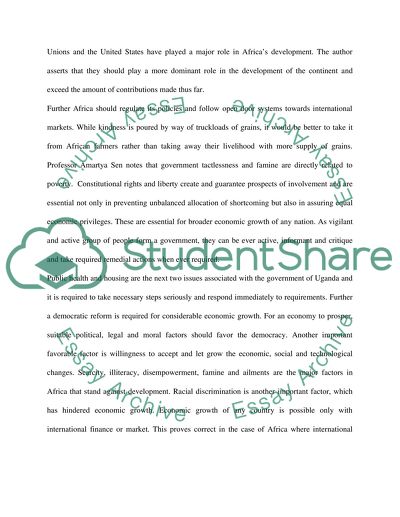Cite this document
(“The Political Evolution and Development Policies (successes and Essay”, n.d.)
The Political Evolution and Development Policies (successes and Essay. Retrieved from https://studentshare.org/miscellaneous/1548806-the-political-evolution-and-development-policies-successes-and-failures-of-uganda
The Political Evolution and Development Policies (successes and Essay. Retrieved from https://studentshare.org/miscellaneous/1548806-the-political-evolution-and-development-policies-successes-and-failures-of-uganda
(The Political Evolution and Development Policies (successes and Essay)
The Political Evolution and Development Policies (successes and Essay. https://studentshare.org/miscellaneous/1548806-the-political-evolution-and-development-policies-successes-and-failures-of-uganda.
The Political Evolution and Development Policies (successes and Essay. https://studentshare.org/miscellaneous/1548806-the-political-evolution-and-development-policies-successes-and-failures-of-uganda.
“The Political Evolution and Development Policies (successes and Essay”, n.d. https://studentshare.org/miscellaneous/1548806-the-political-evolution-and-development-policies-successes-and-failures-of-uganda.


